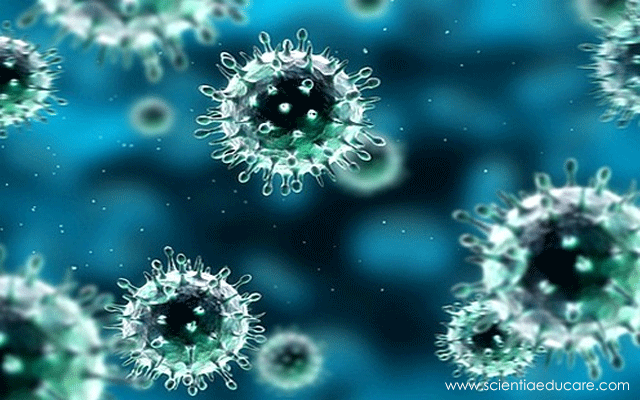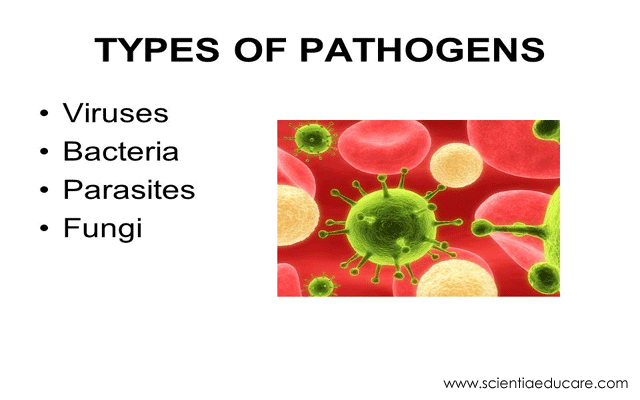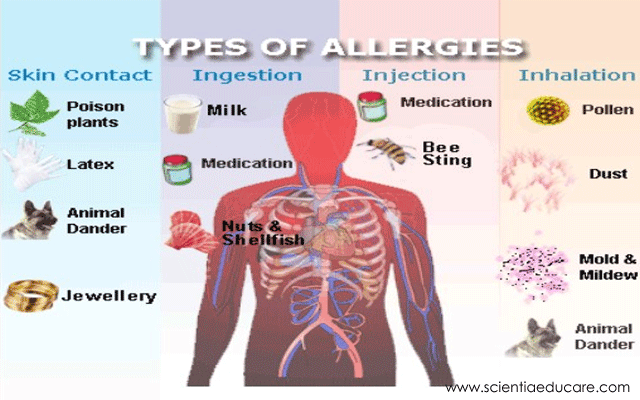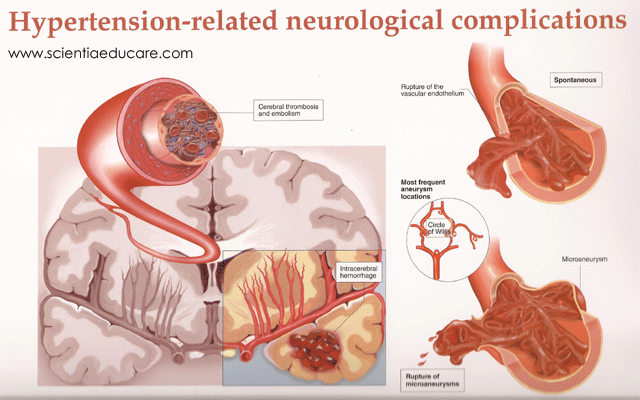
TyphoidCholera
Cholera is an acute infectious disease caused by Vibrio cholerae bacteria. The disease is transmitted through contaminated water and food. When a patient’s stool containing the bacteria is not properly disposed, it leads to contamination of common water bodies. Due to open defecation, various sources of water get contaminated.
Toxins produced Vibrio cholerae bacteria lead to painless, watery diarrhoea also called ‘rice water stools’ because of its appearance. The disease may also be associated with vomiting. Rapid loss of fluids from the body cause symptoms of mild fever, body ache, abdominal pain and cramps, lethargy and fatigue, excessive thirst, headaches, loss of elasticity of the skin, etc. The disease can ultimately cause death if not treated rapidly
CHOLERA CONTENTCauses
Symptoms
Diagnosis
Treatment
Complications
Prevention
Cholera is an acute infectious disease caused due to a bacteria calledVibrio cholerae. The bacteria has the ability to produce toxins within the human body which leads to painless, watery diarrhoea also called ‘rice water stools’ because of its appearance.
The disease is transmitted through contaminated water andfood. During the monsoons this problem is further compounded by the overflowing of sewers and water logging. Vibrio cholera is present in a patient’s stools, and when this stool is not properly disposed, it leads to contamination of common water bodies.
SYMPTOMS
In some cases patients might also have vomiting associated with the disease, apart from painless watery diarrhea.
Other symptoms that are closely related to rapid loss of fluids from the body like –
Mild fever
Body ache
Abdominal pain and cramps
Lethargy and fatigue
Excessive thirst
Headaches
Loss of elasticity of the skin
The biggest risk in cholera is the possibility of the patient getting dehydrated.
DIAGNOSIS
A doctor usually diagnosis cholera through either a blood or stool sample in combination with the symptoms of the patient.
TREATMENT
Apart from prescribing antibiotics, a doctor will advice the patient to constantly replace the fluid lost using oral re-hydration solutions. Depending on the severity of the condition a patient might need to be rehydrated intravenously.
COMPLICATIONS
Cholera is a self limiting condition, and the greatest risk that a patient faces is severe dehydration. Dehydration can lead to multi-organ failure, coma and even death.
PREVENTION
Although there is a vaccine available in the countries like the United States, India still does not have a vaccination program in place. That being said, the vaccine is not very effective in preventing the disease in the case of an outbreak. Read about how effective is the cholera vaccine?
Tips to keep cholera at bay:
Keep your surroundings clean.
Drink only boiled and filtered water, the best way to stay safe is to wash your utensils in boiled water as well. Avoid drinking tap water.
Avoid eating food from road side stalls.
Always wash your hands well with water and soap, after you have visited the bathroom and before eating.
Use boiled water to wash utensils.
Avoid open defecation.
Here are 5 tips to control diarrhea in children.
Cholera
It often breaks out among crowded and areas with poor sanitary conditions.
Pathogen : Comma shaped bacterium (Vibrio cholerae)
Mode of transmission : Contaminated food and water. House – fly is the carrier.
Incubation period : 6 hours to 2-3 days.
Symptoms
(i) Acute diarrohoea, rice watery stool.
(ii) Muscular cramps.
(iii) Loss of minerals through urine.
(iv) Dehydration leads to death.
Prevention and cure
(i) Cholera vaccination should be given.
(ii) Electrolytes (Na, K, sugar, etc.) dissolved in water should be given to the
patient to check dehydration (In market it is available as ORS–oral rehydration
solution).
(iii) Proper washing and cooking of food.













